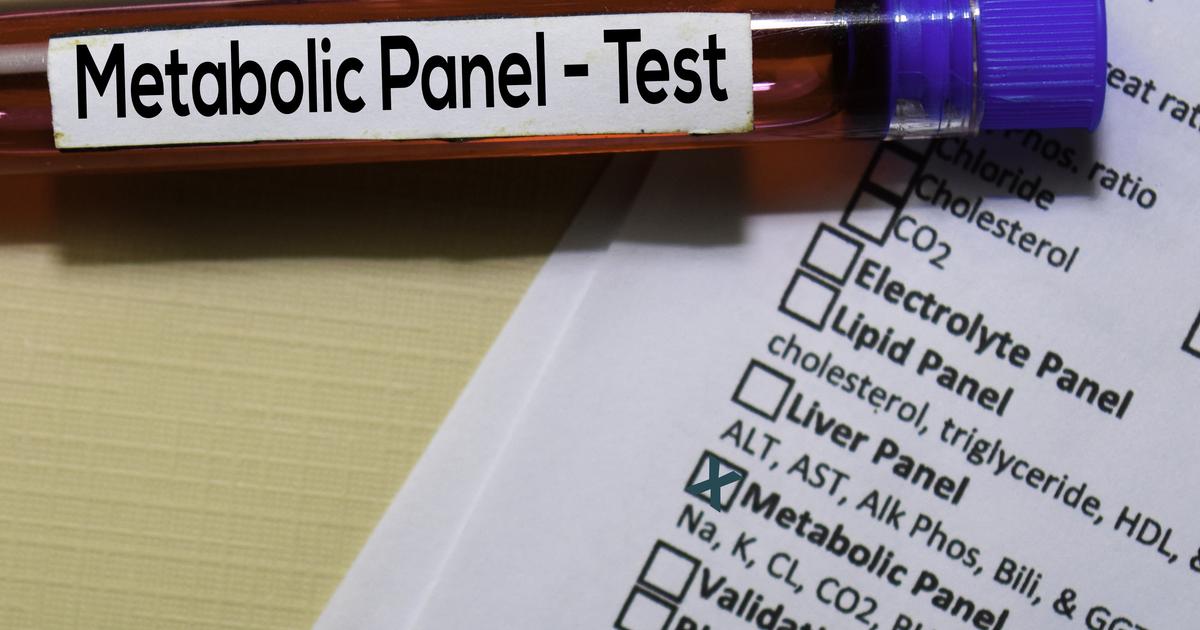Guide To Common Blood Tests
Basic Metabolic Panel
Doctors typically order a basic metabolic panel to check for conditions such as hormonal imbalances, kidney disease, diabetes, and lung issues. Patients having this blood test will need to fast for at least eight hours before their appointment. The basic metabolic panel measures a patient's calcium, glucose, sodium, potassium, and electrolytes. It also checks for the amount of carbon dioxide, chloride, blood urea nitrogen, and creatinine. High levels of blood urea nitrogen (BUN) could indicate kidney failure or congestive heart failure, and low levels may be signs of insufficient dietary protein or liver issues. High creatinine levels could be potential indicators of preeclampsia or diseases that affect the muscles, and abnormally low levels may indicate muscular dystrophy. Patients following a low protein diet typically display low albumin readings. These may also occur as a result of recent bariatric surgery. High calcium levels are associated with cancer, and low calcium could signal issues with the pancreas. Low sodium measurements from a basic metabolic panel are often caused by dehydration or vomiting. They may also be present in cases of Addison's disease.
If abnormalities are found on a basic metabolic panel, doctors will normally order a complete metabolic panel and other tests to determine the underlying cause. This metabolic panel can provide more information about any potential liver issues a patient might be experiencing. Patients who have endocrine disorders may need to have metabolic panels performed fairly regularly to monitor their condition.
Continue reading to reveal more details about the most common blood tests now.
Thyroid Panel

Also known as a thyroid function test, a thyroid panel helps doctors understand how well a patient's thyroid is manufacturing and responding to particular hormones. The thyroid is a gland in the neck involved in regulating metabolism, mood, and energy. This test is often ordered if a patient is experiencing symptoms that could indicate a thyroid issue. These symptoms include weight gain, fatigue, mood swings, and feeling cold. Levels of triiodothyronine (T3), thyroxine (T4), T3 resin uptake (RU), and thyroid-stimulating hormone (TSH) are all measured as part of a thyroid panel. The first two regulate body temperature, heart rate, metabolism, and growth. Thyroid-stimulating hormone controls the quantities of hormones released by the thyroid. T3 resin uptake is a measure of how well a hormone known as thyroxine-binding globulin is performing.
Thyroid panel results outside of the normal range could indicate a patient has a thyroid growth disorder or low protein. They may also have abnormal levels of testosterone or estrogen. Patients who have abnormal results on a thyroid test are typically referred for a thyroid uptake test and an ultrasound of the thyroid gland. Issues involving an overactive or underactive thyroid can normally be treated with medication.
Read about the next most common blood test now.
